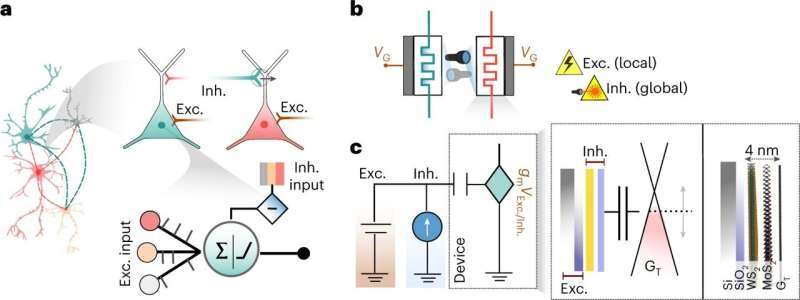Best of Last Week—Female astronauts are more efficient, dangers of AI are overstated, lessening back pain

It was a good week for space science, as the Space Medicine Team, European Space Agency, found that female astronauts are more efficient than males. Women have lower water requirements for hydration and also lower total energy expenditure, oxygen consumption, carbon dioxide and metabolic heat production during space missions. Also, a combined team from the University of Manchester and the University of Mauritius found evidence that advanced aliens could soon detect life on Earth by noting the types of radio waves emitted from cell towers. And an international team studying data from NASA's Transiting Exoplanet Survey Satellite discovered two super-Earths orbiting a nearby star.
In technology news, a team of computer scientists at Islamic Azad University in Iran developed a computer model that is capable of predicting the degree of attractiveness of a given human face with a high degree of accuracy. Also, a team of engineers at China's Northwestern Polytechnical University demonstrated a new hybrid photocatalyst for water splitting that had an internal quantum efficiency above 100%. And a trio of computer scientists at Stanford University suggested that warnings from scientists around the world regarding the dangers of artificial intelligence applications may be premature—they suggest that such fears may be due to the misinterpretation of data. Meanwhile, it appears that AI applications will continue to grow smarter. As just one example, a combined team from the University of Oxford, IBM Research Europe, and the University of Texas created artificial neurons that mimic complex brain abilities for use in next-generation AI computing.
In other news, a team of medical scientists at Northwestern University Feinberg School of Medicine, found evidence that cytokine storms are not always the primary cause of death in COVID-19 patients—nearly half of deaths were due to secondary bacterial infections. Also, a team at the University of Chicago found a link between photosynthesis and a "fifth state of matter." And finally, a team of pain specialists at Curtin-Macquarie-Monash University developed a therapy system that resulted in significant improvements for people living with chronic back pain.
© 2023 Science X Network